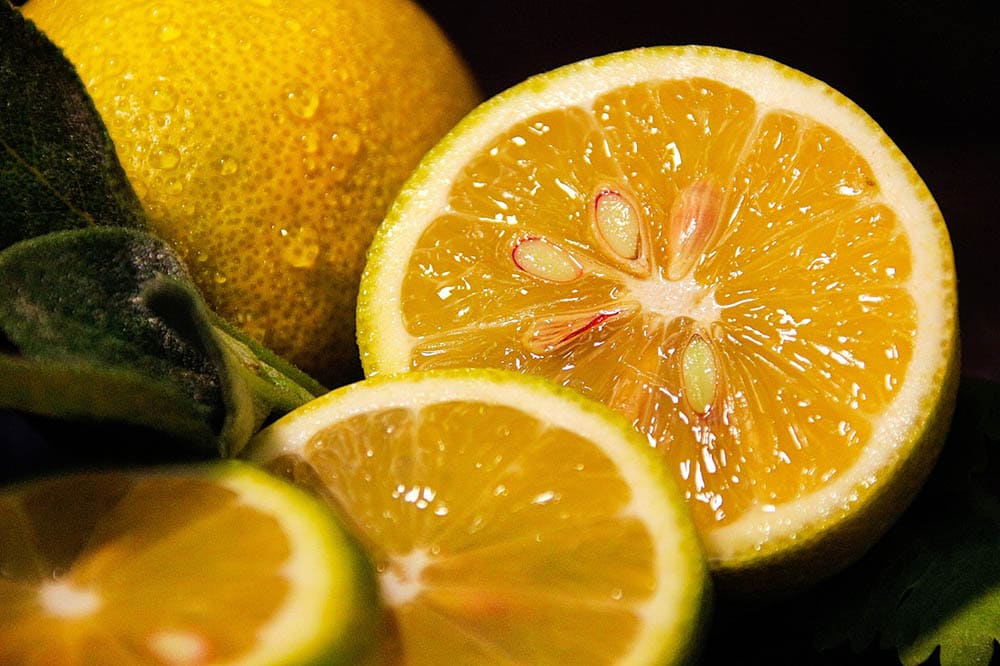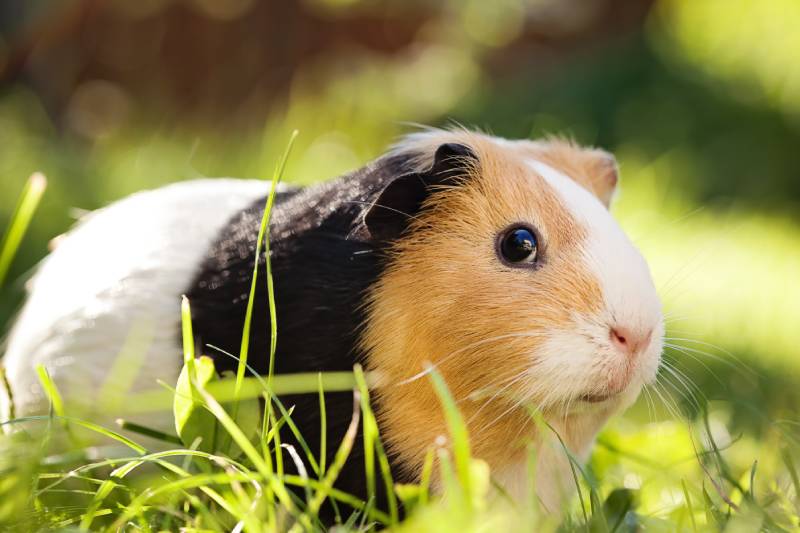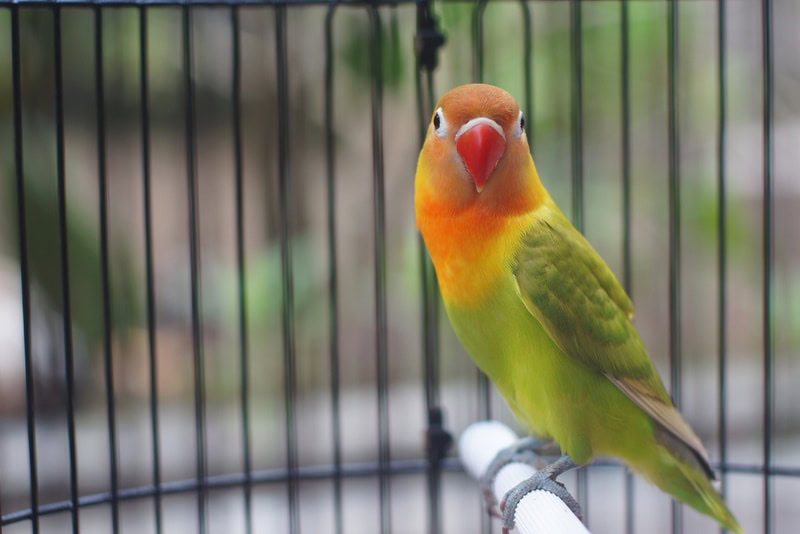VET APPROVED

The information is current and up-to-date in accordance with the latest veterinarian research.
Learn more »Trying to keep stray cats away from your house can be a challenge. You may have already done your best to remove whatever is enticing stray cats to enter your yard, such as opened trash cans, with little success. If you are looking into natural cat repellents, you may have heard that black pepper deters cats.
The truth is yes, black pepper can deter cats, but it’s not recommended as it may be harmful to their health.

Is Black Pepper a Safe Cat Repellent?
To put it briefly, black pepper can be an effective cat repellent. But while it is not toxic to cats, it is still considered inhumane.
At a minimum, the black pepper is highly uncomfortable for cats. Have you ever sneezed because you inhaled a little black pepper? That same sensation can occur in cats; however, it’s much more amplified. A cat’s sense of smell is much greater than a human’s, and their sensitivity is much higher.
Black pepper can cause more issues for cats than mere discomfort. In more severe instances, inhalation of black pepper can cause respiratory problems in cats. This is especially true if the cat already suffers from a respiratory condition. These issues could become so severe that immediate medical intervention may be needed.
Consuming black pepper can also cause problems for cats. If a cat ingests too much black pepper, they may experience gastrointestinal issues such as diarrhea and vomiting, drooling, oral irritation and burning sensation.
So, while minimal exposure to black pepper may not come with severe consequences, there is still the possibility that a black pepper repellent can harm a cat. If you’re concerned that your cat may have consumed or inhaled black pepper, you may want to speak to a vet.
What Are Other Unsafe Spices for Cats?
Several foods and spices can cause serious health issues, but there are a few hazardous species to be aware of. Garlic, shallots, onions, and scallions are poisonous to cats depending on the amount and in smaller, more concentrated forms.
Any vegetable in the onion family can attack your cat’s red blood cells, leading to anemia. Some signs that your cat may be suffering from anemia are weakness and exhaustion, irregular breathing, high heart rate, pallor of the gums, and a decrease in appetite. If you suspect your cat has developed anemia, contact your vet immediately.
If you want to use a certain food, herb, or spice as a cat deterrent, you must verify that it will not harm your cat before you use it.
Alternatives to Black Pepper
If you want to use a natural repellant, there are many alternatives to black pepper. Some safe options include citrus fruits, rosemary, lavender, and eucalyptus. However, it should be noted that both lavender and eucalyptus are plants considered toxic to cats if ingested. They may cause nausea, excessive salivation, inappetence, diarrhea, and vomiting in cats.
Physical deterrents are the most humane ways to encourage cats to wander elsewhere. Scat mats, which have blunt plastic nobs, can effectively keep some felines away from gardens, patios, windowsills, and decks. You can also use motion-activated sprinklers or noisemakers to keep strays away.

Avoid Essential Oil Deterrents
Essential oils should not be used to deter cats. They are difficult for cats to metabolize because their livers lack the proper enzymes. Even a few licks of essential oil can be enough for a cat to experience severe health consequences such as liver failure.
Signs that a cat may have developed poisoning from essential oils include difficulty breathing, drooling, lethargy, vomiting, tremors, and a lack of coordination. If you suspect your cat has been poisoned, immediately call your veterinarian and the poison control center.

Conclusion
Stray cats can be a hassle when they start to come into your yard, upset your cats or use the garden as a toilet, but it is vital to use humane deterrents. Natural repellents can be effective without causing a cat any harm, but while non-toxic, black pepper is not safe for felines. We recommend using physical deterrents such as motion-activated devices and scat mats to keep the pesky neighborhood felines away from your yard.
Featured Image Credit: ka_re, Pixabay












